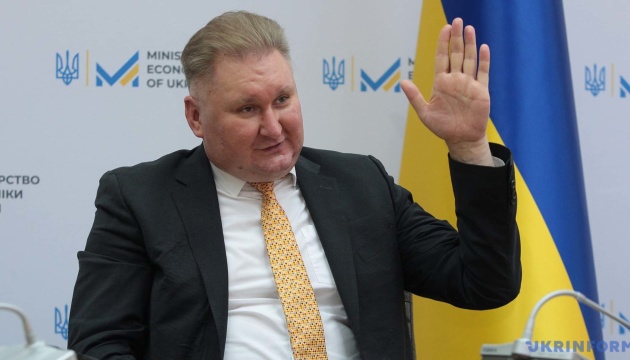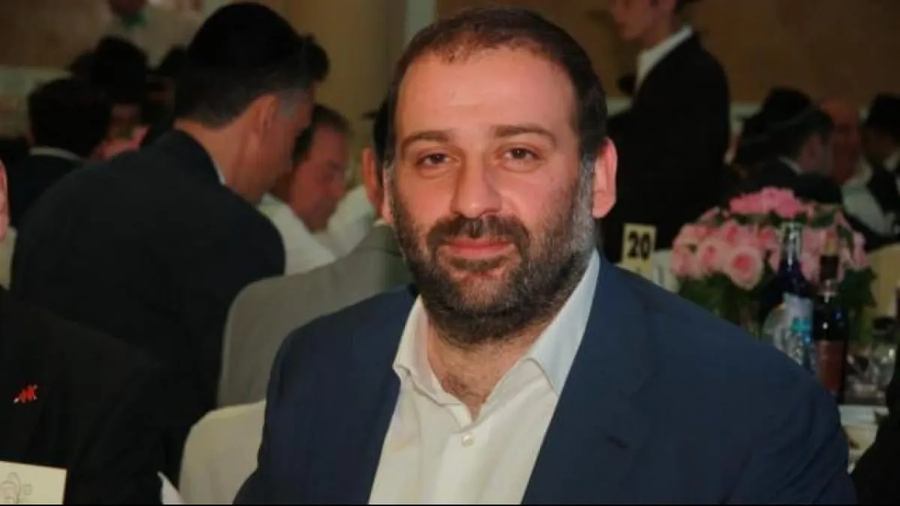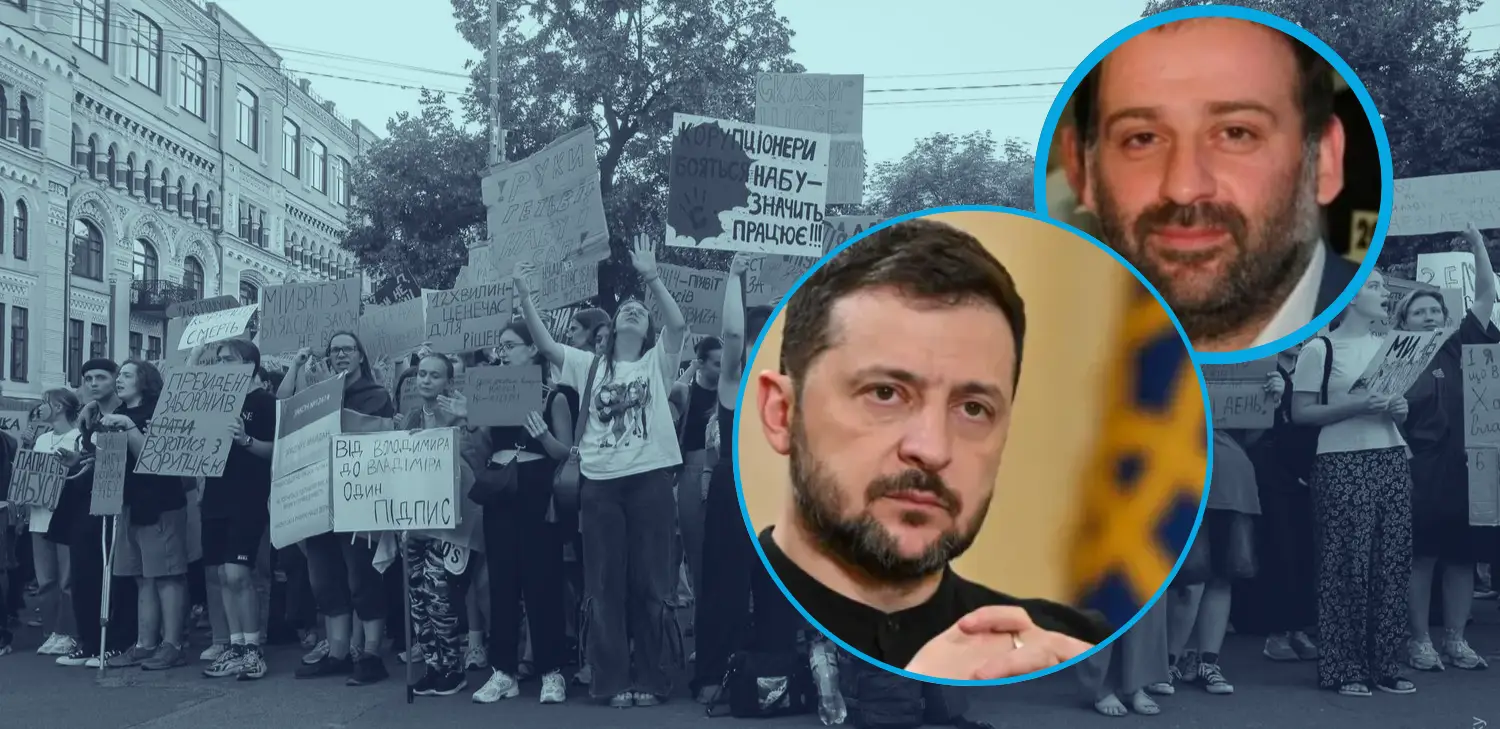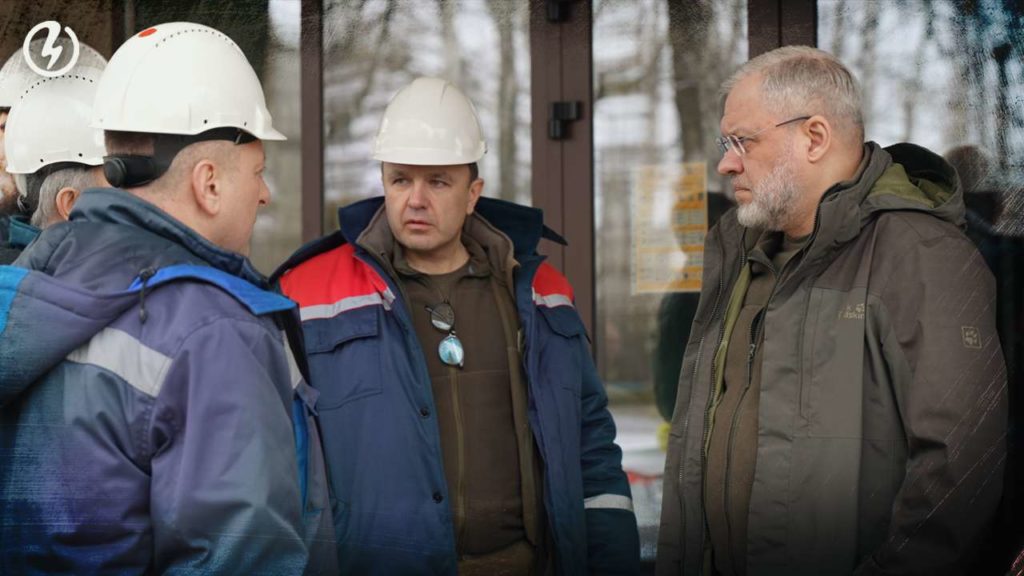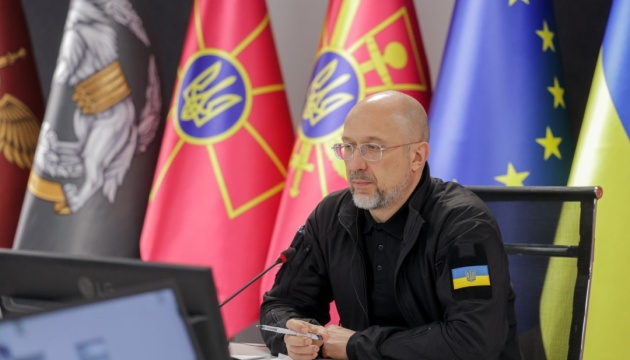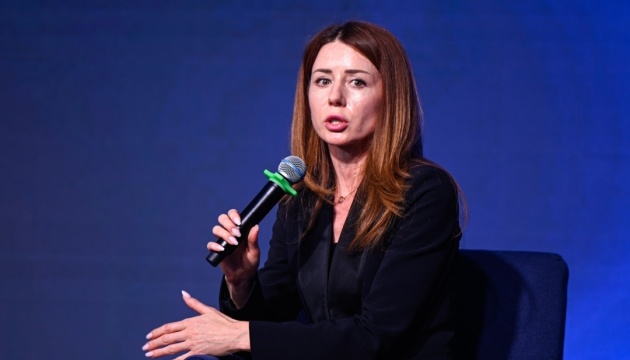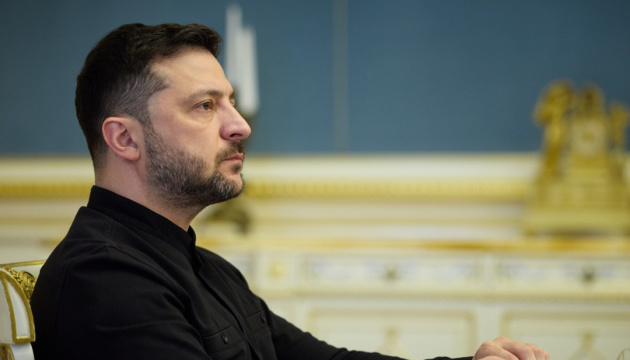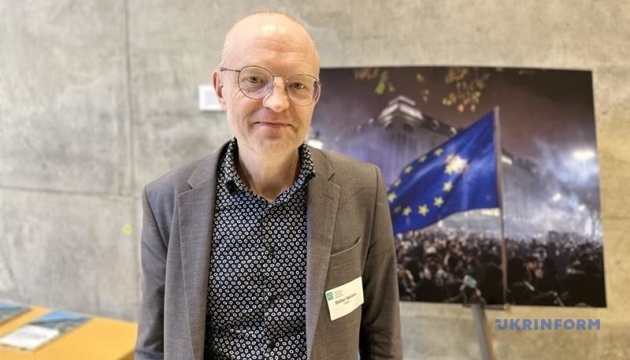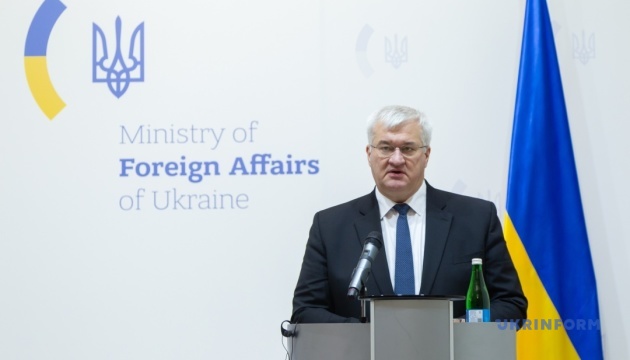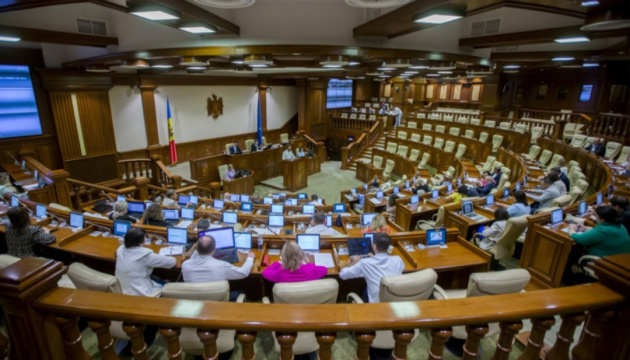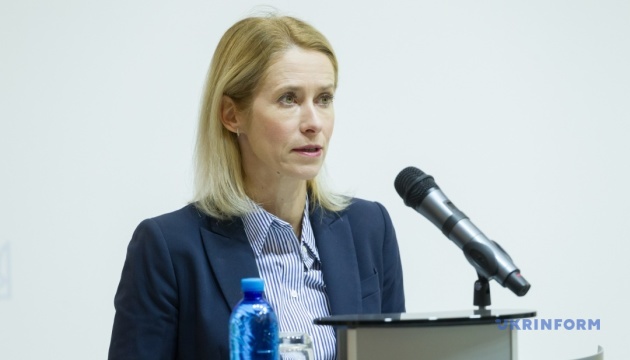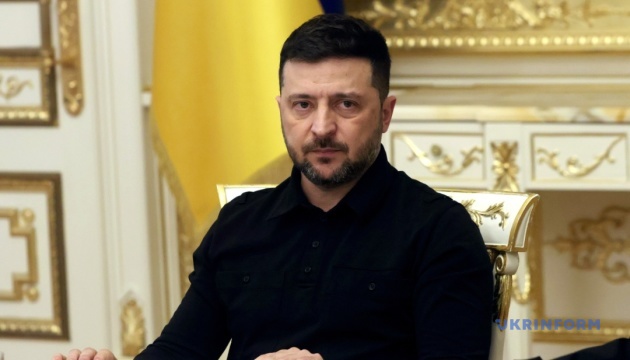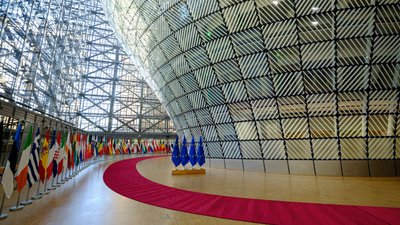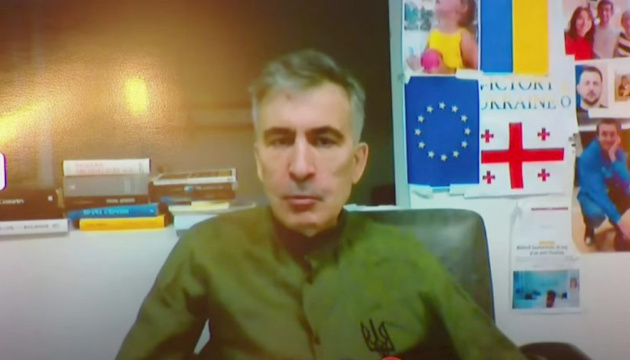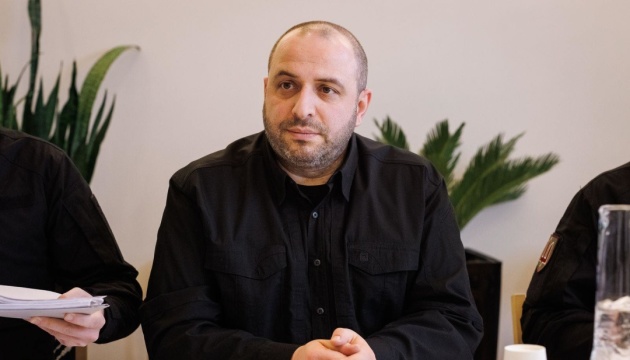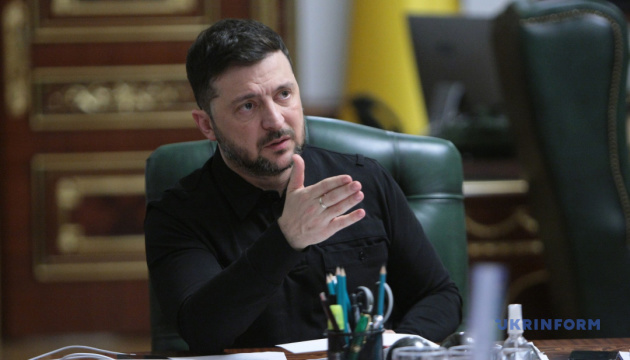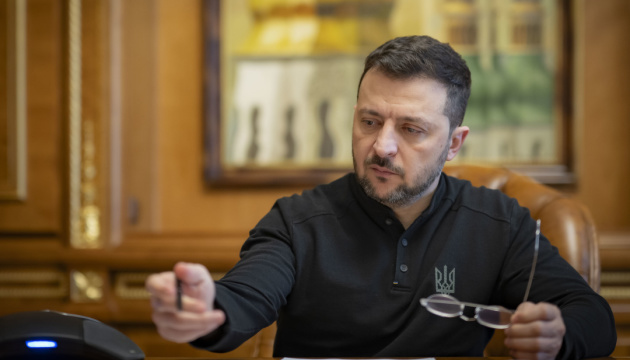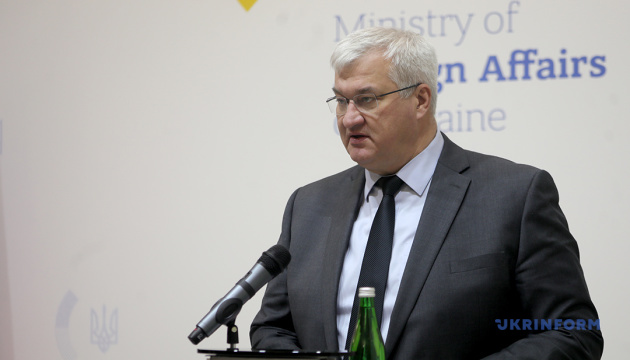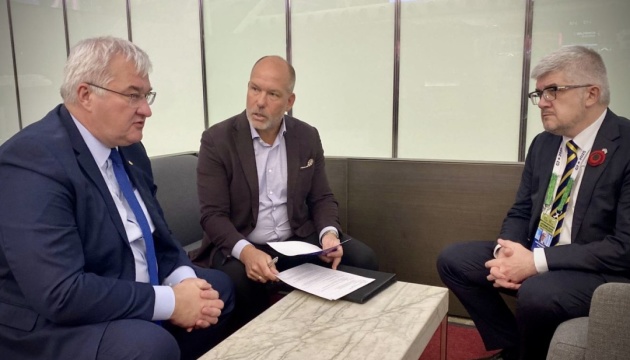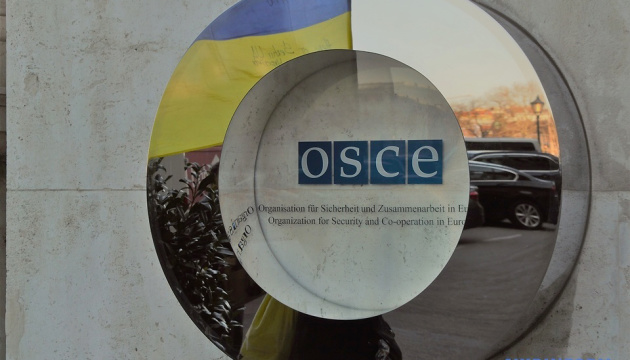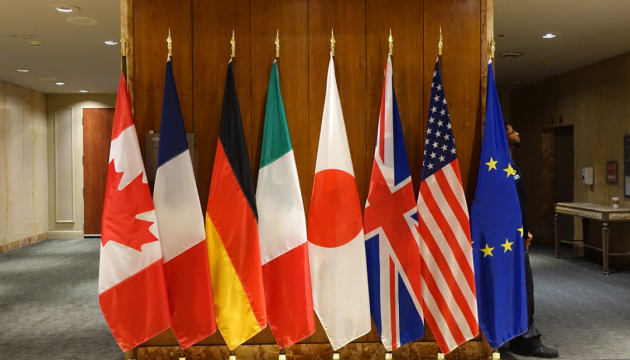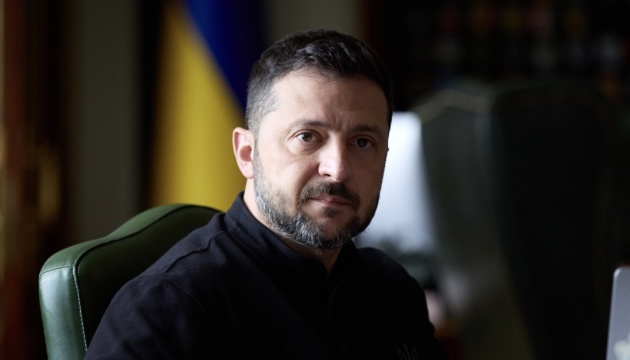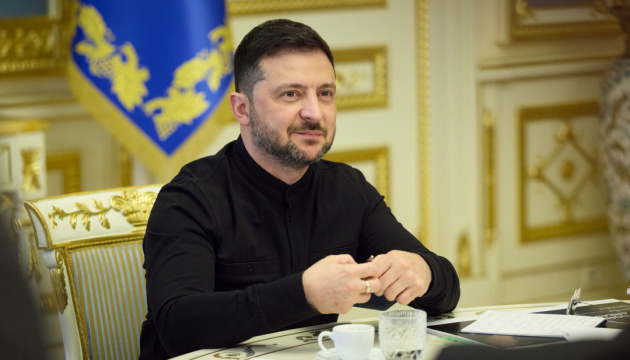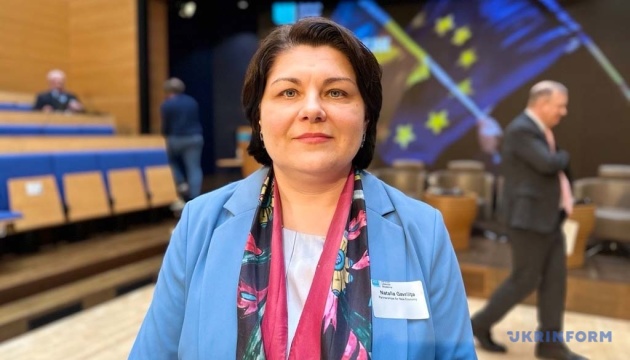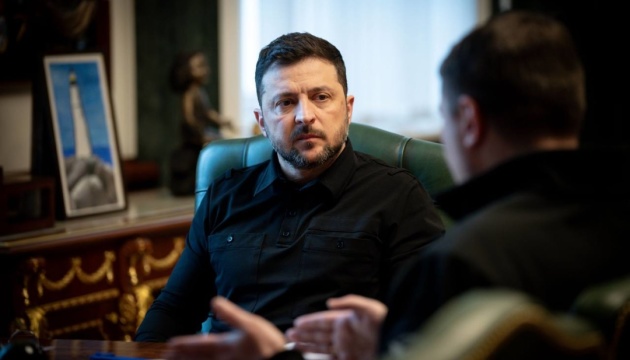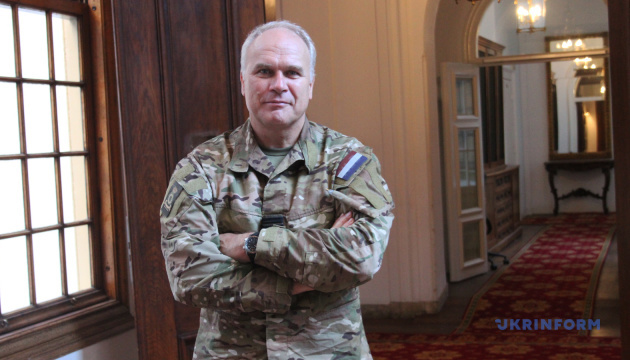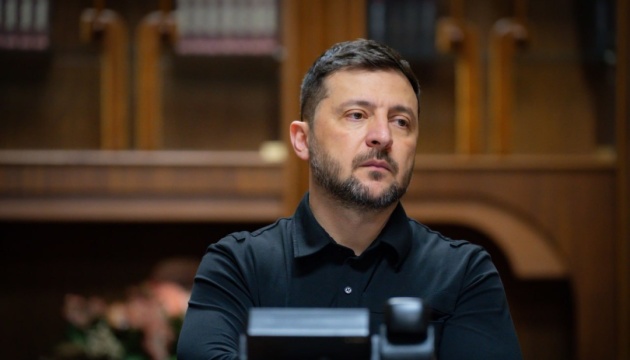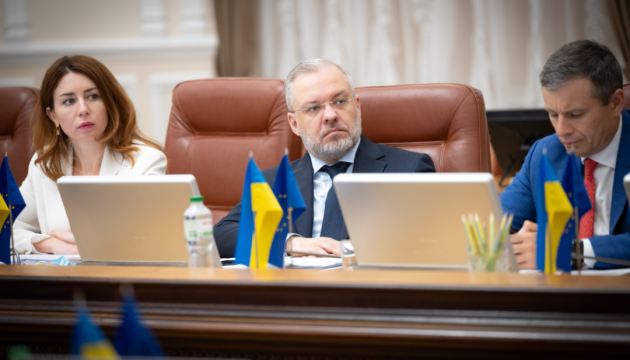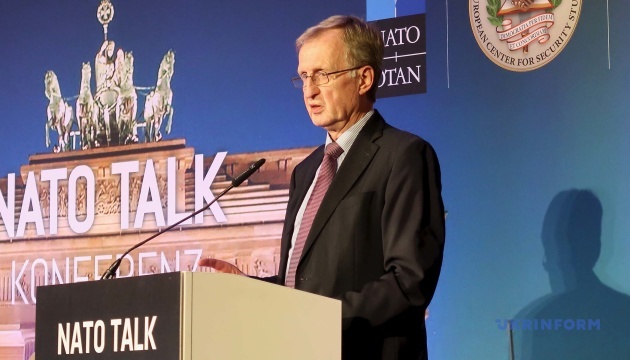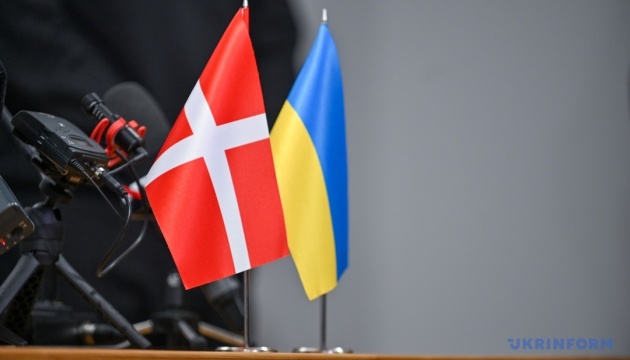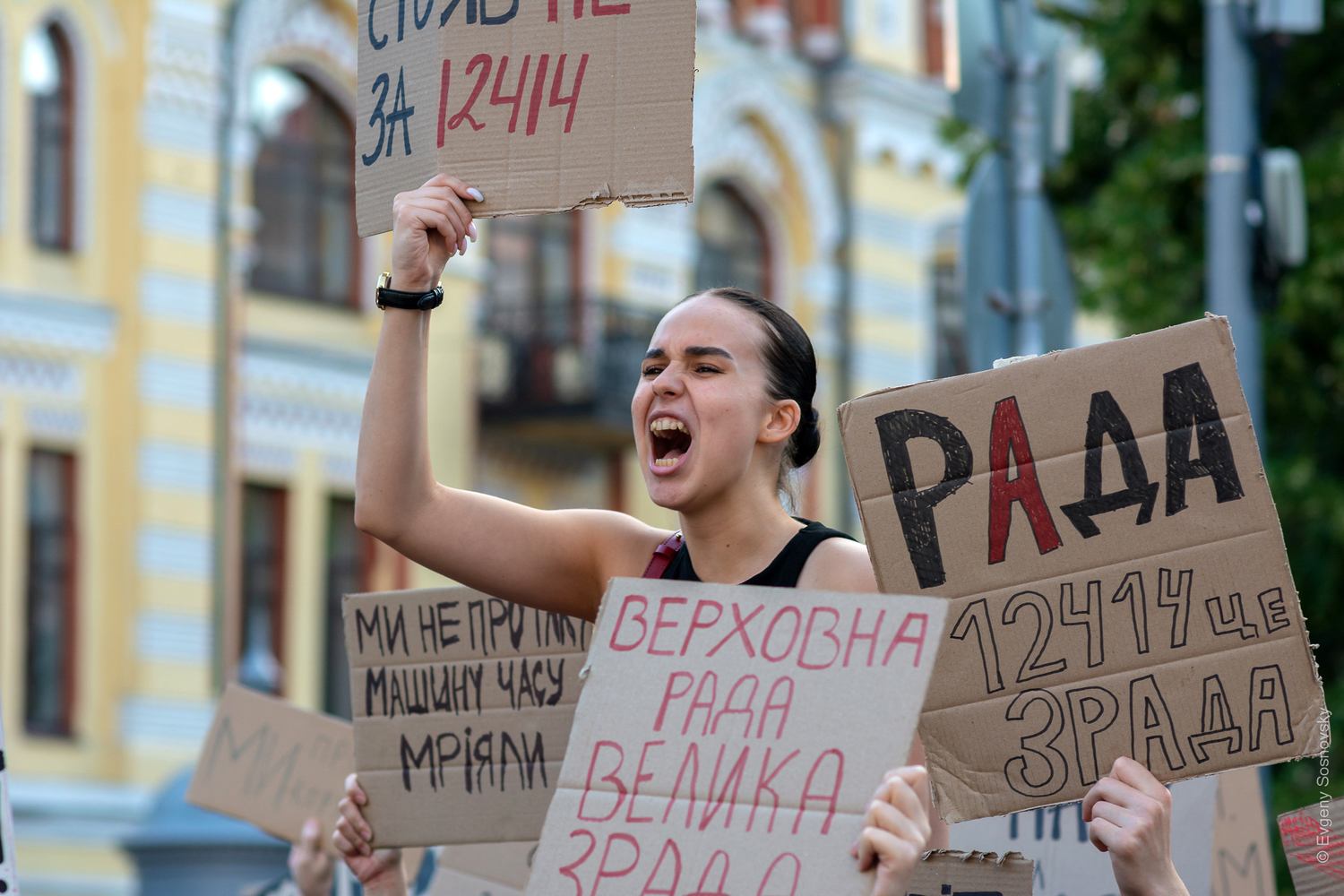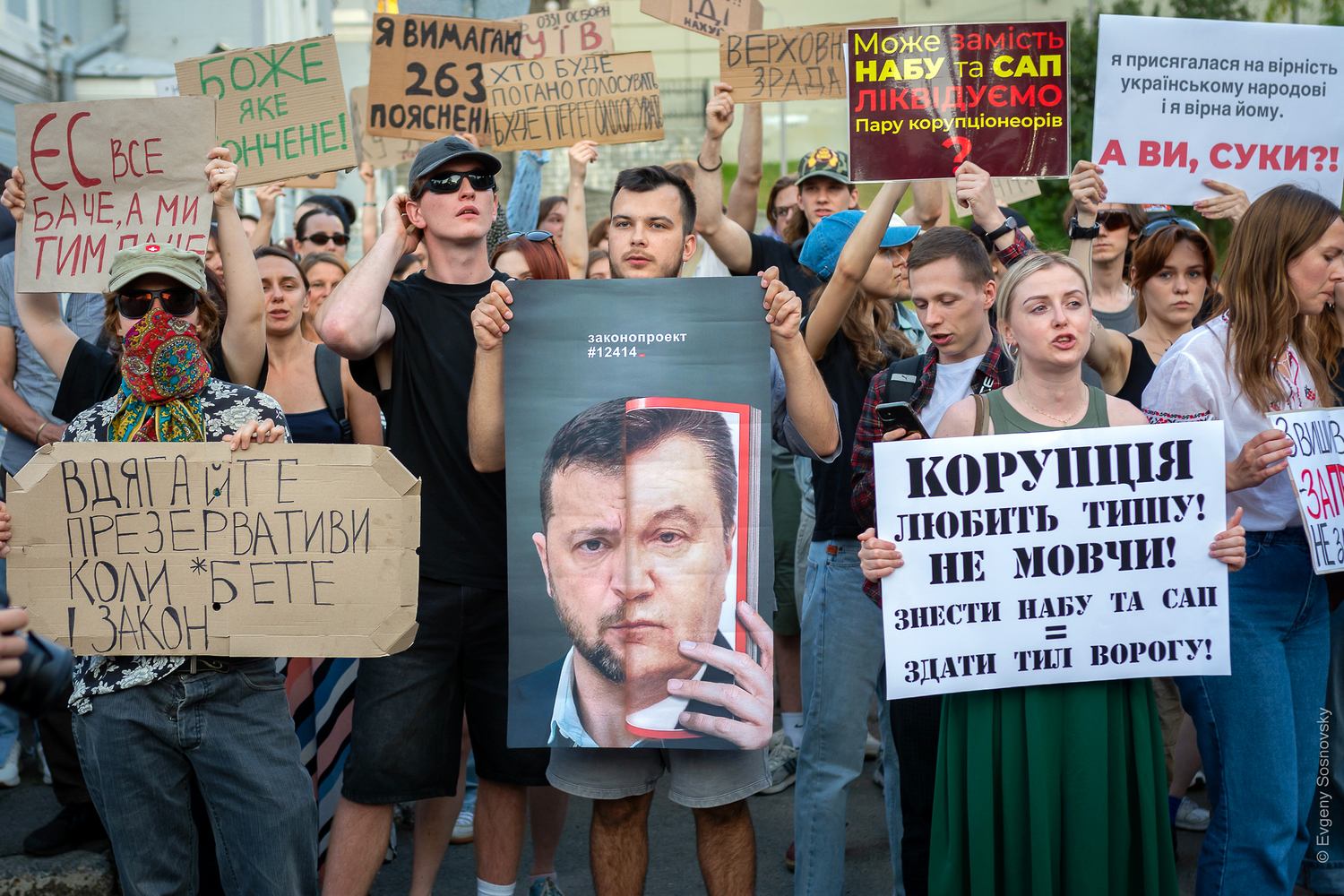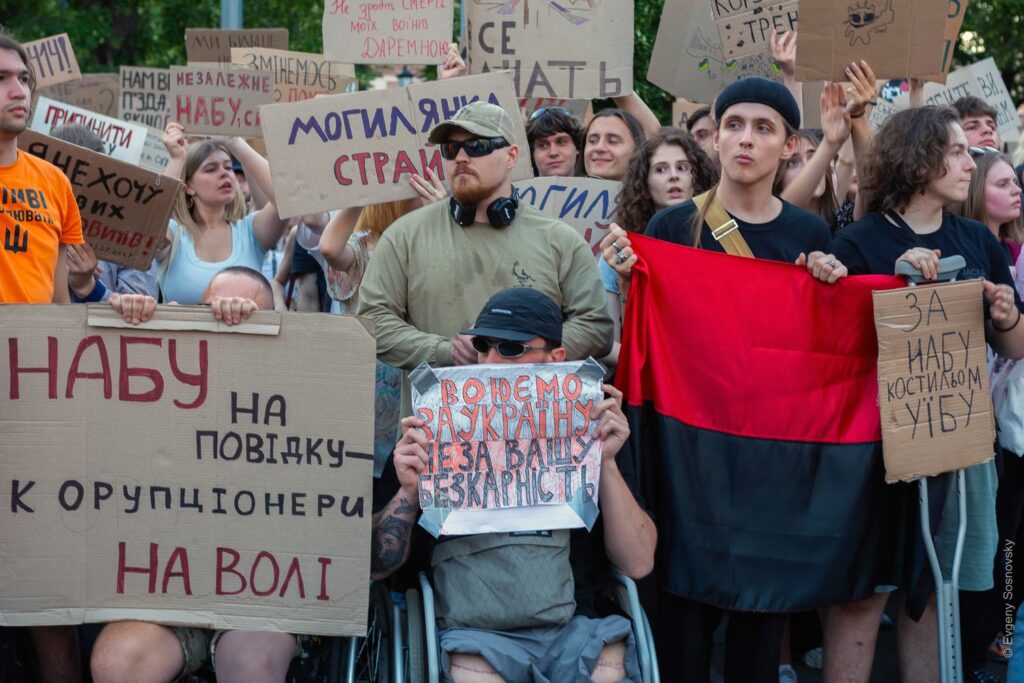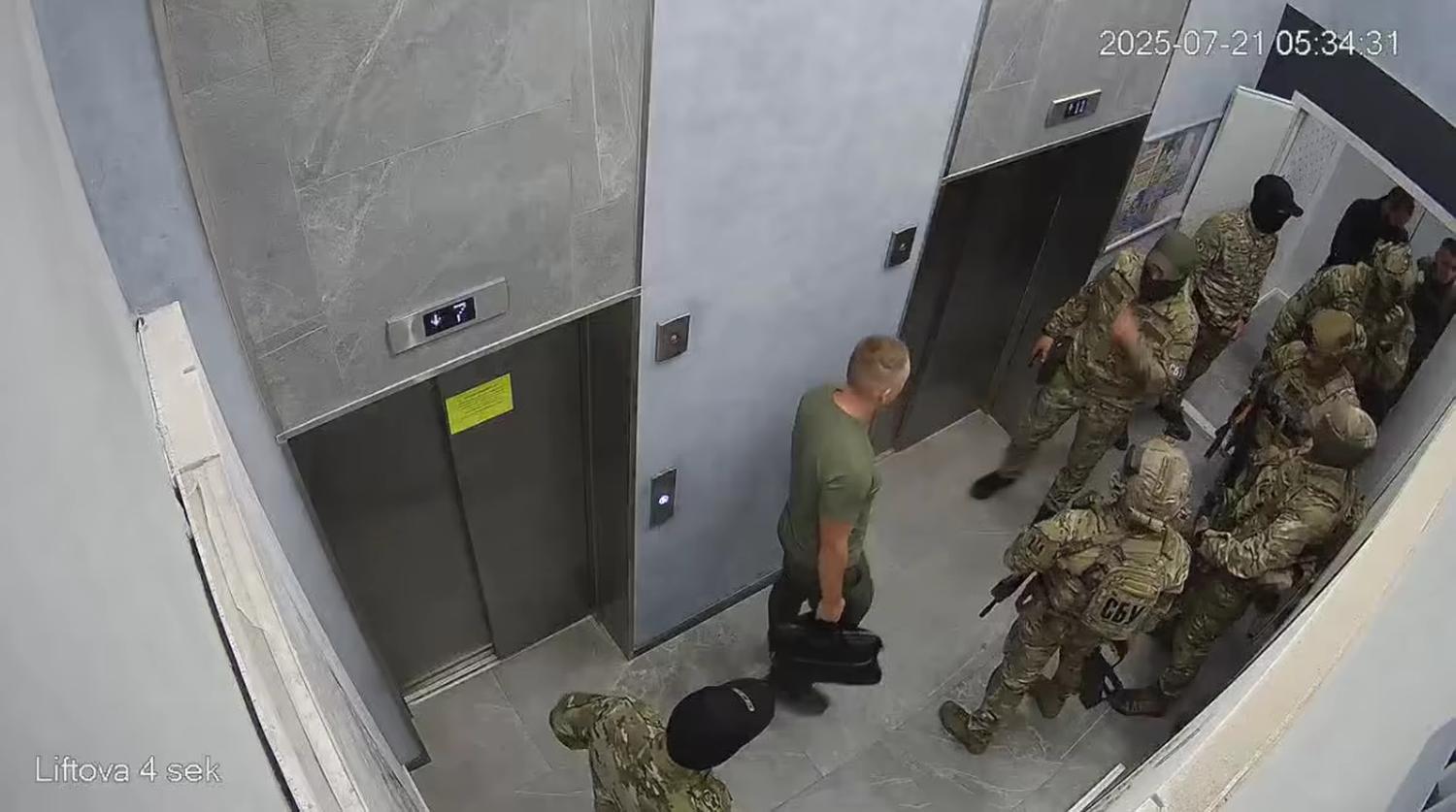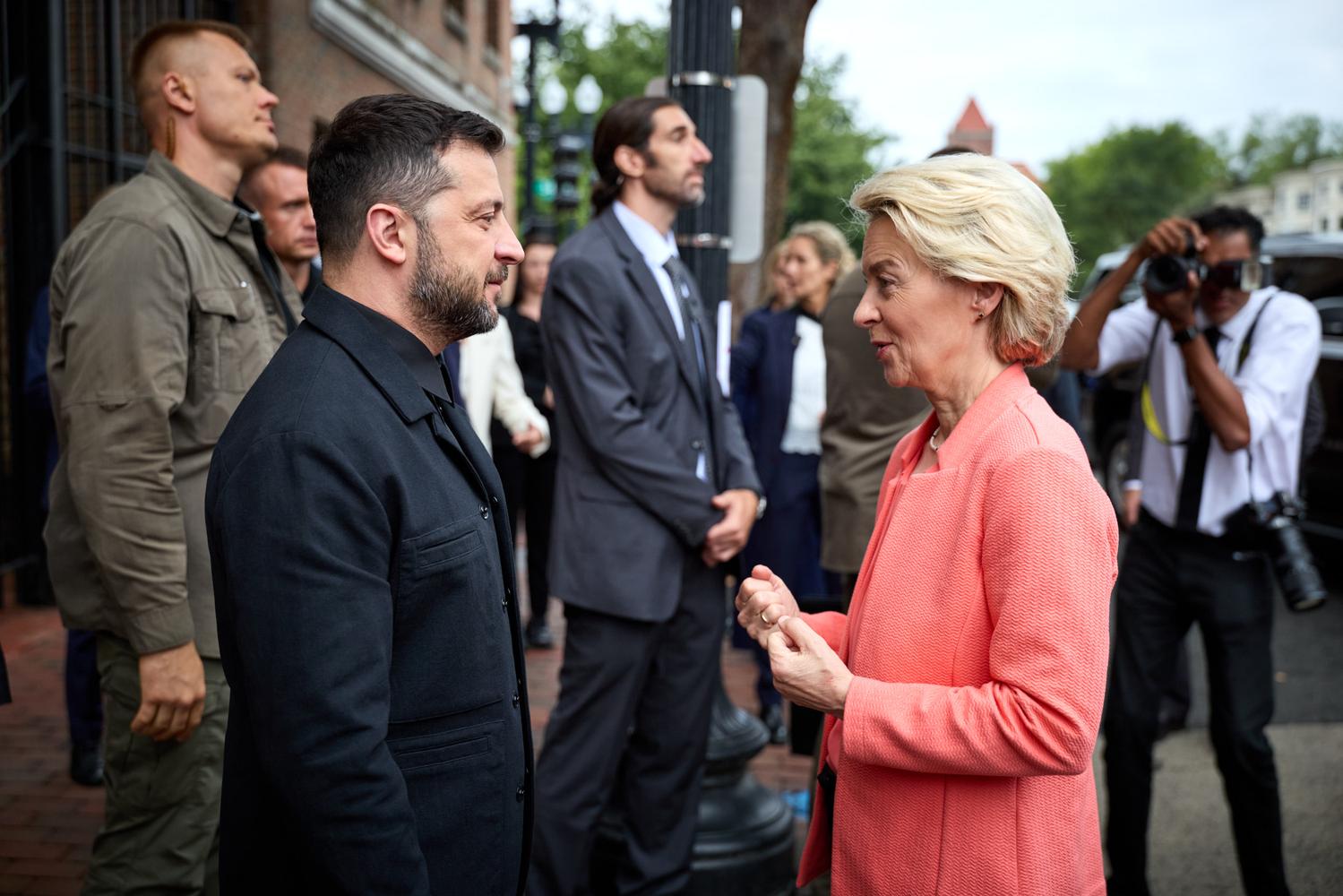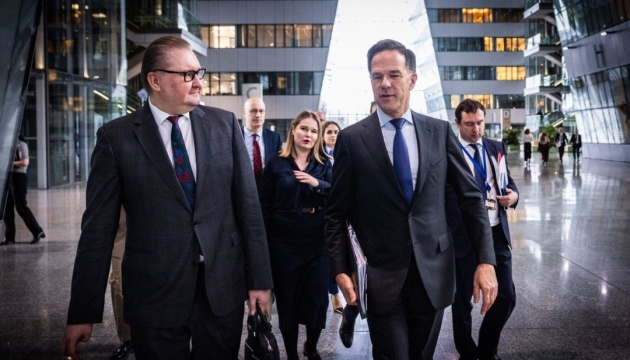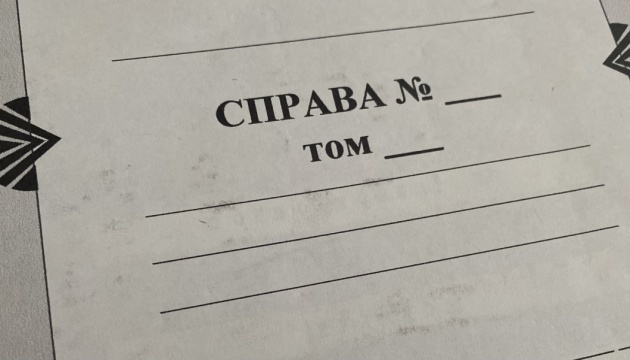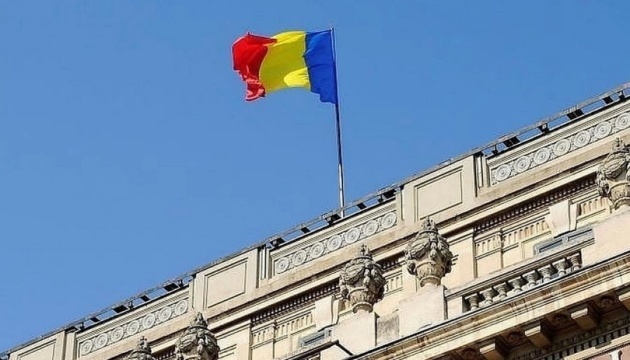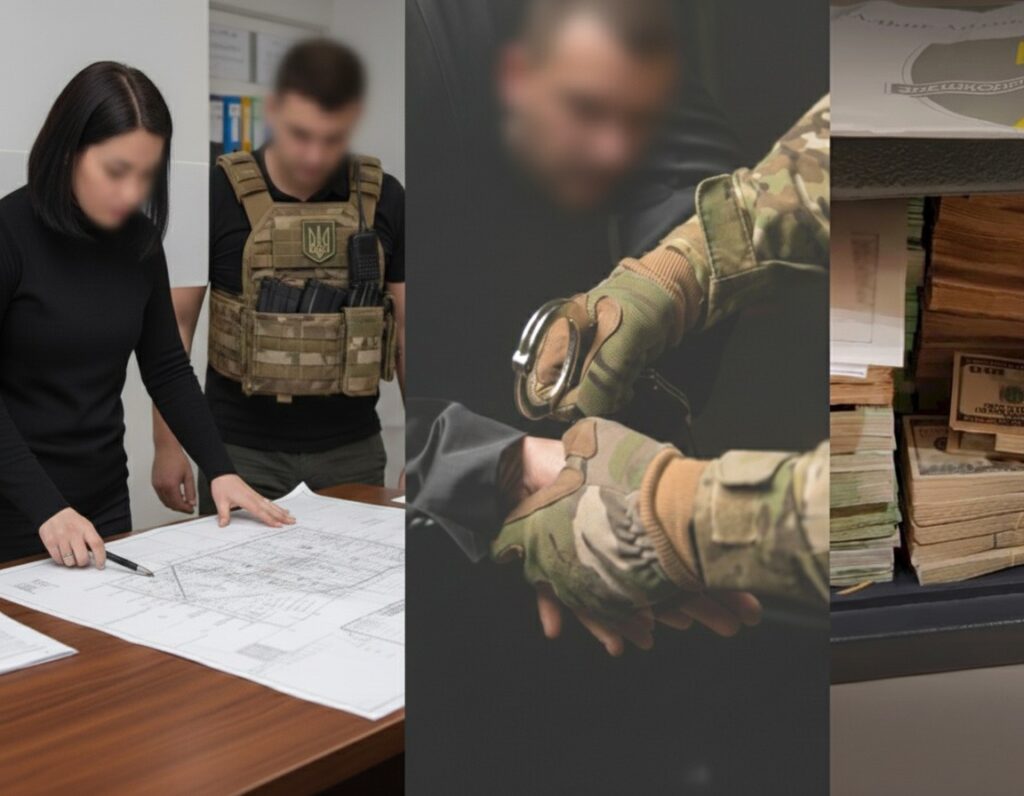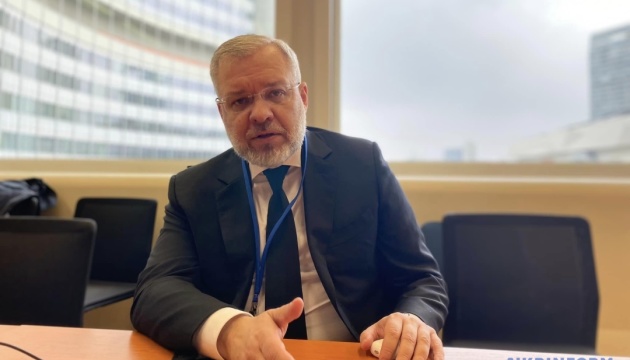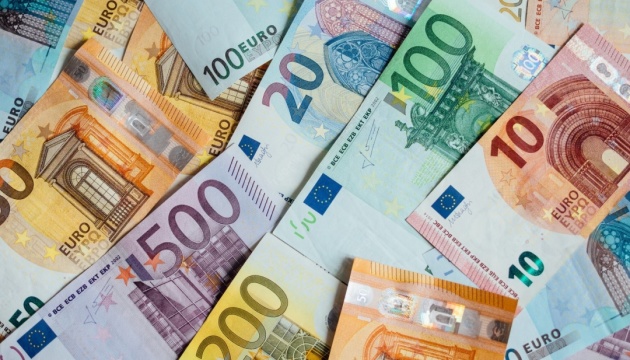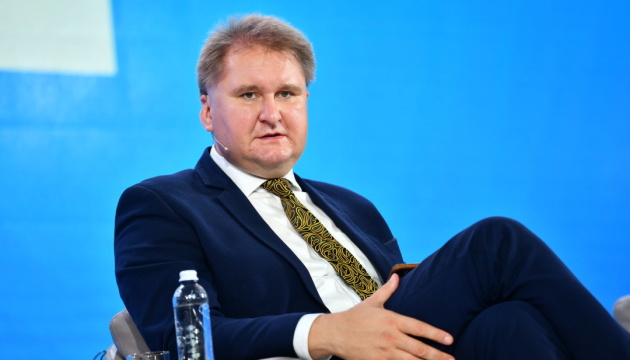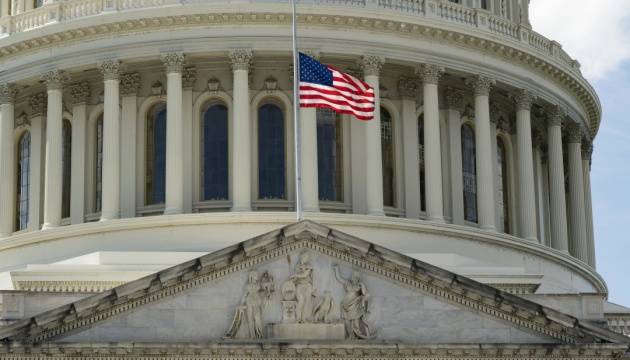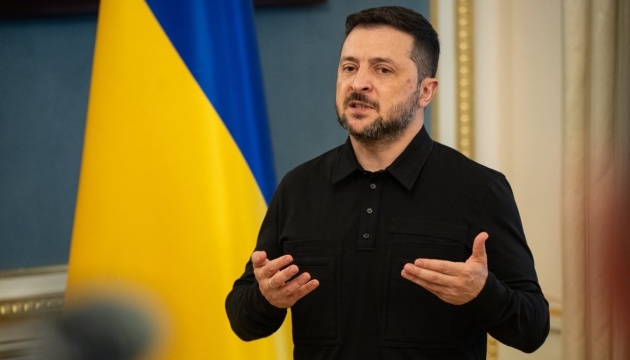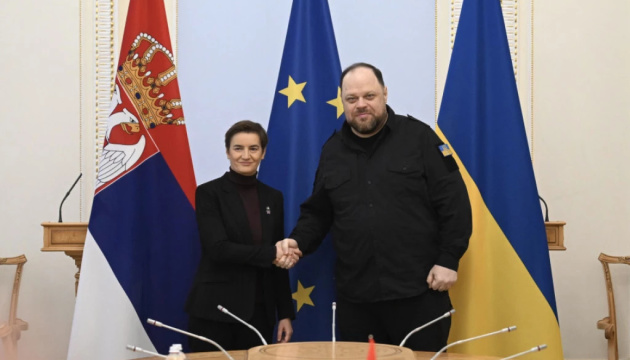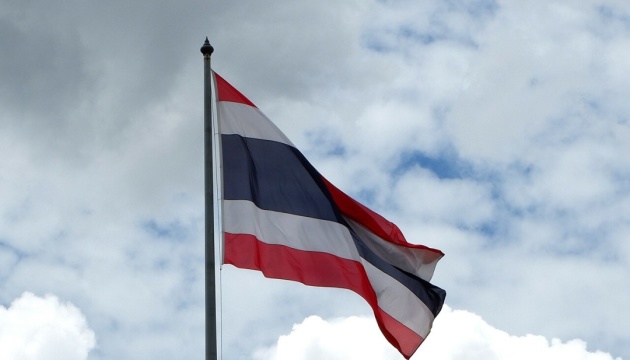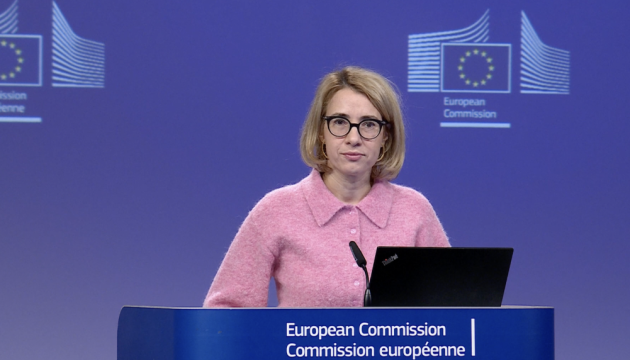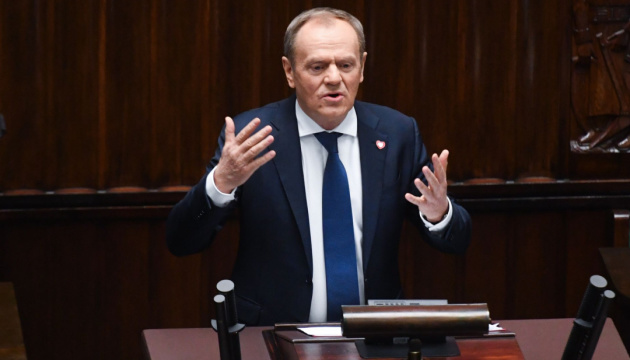Des “mini-podcasts” à écouter [en]
Après l’introduction d’hier (enfin à l’heure de publication, c’est avant-hier), venons-en au menu principal: une collection de podcasts en série limitée, type documentaire en x épisodes, surtout en anglais (parce qu’il y en a moins en français, tout simplement). A écouter, bien sûr. Je ne les ai pas mis dans un ordre particulier, juste comme ça vient.
Mon corps électrique
Après un accident suite auquel il se retrouve tétraplégique, Arnaud prend part à une étude médicale dans l’espoir de retrouver un peu de mobilité dans son bras gauche. En même temps journaliste et sujet, il nous emmène avec lui au fil de sept épisodes pour nous questionner sur la médecine, le handicap, l’espoir, les limites, le deuil, le corps, la vie. (Voir aussi mon article Mais sérieux, le suivi psy?)
Soleil noir, autopsie d’une secte
Si vous avez mon âge ou plus, vous vous souvenez de l’Ordre du Temple Solaire. Ce podcast revient sur cette tragique histoire, en détail, et ce faisant, montre à quel point tout un chacun peut se retrouver victime d’emprise. Glaçant et fascinant.
Précipice
Sept épisodes. Sept vies qui basculent. On peut voir ce podcast somme un prélude stylistique à Mon corps électrique: l’épisode 7, c’est Arnaud.
No Easy Fix
Trois épisodes sur le sans-abrisme, l’addiction, et la réalité du parcours pour sortir de la rue à San Francisco.
Scripts
Ce podcast explore comment l’explication “physiologique” est devenue dominante aux USA pour la santé mentale, et ce que ça a eu comme impact sur le rapport qu’on a aux médicaments psychotropes. Egalement en trois épisodes.
The Missing Cryptoqueen
Dans le genre True Crime qui n’a rien à envier à un triller fictionnel: douze épisodes d’enquête sur une crypto-arnaque à grand échelle menée par une charismatique entrepreneuse qui finit par se volatiliser.
S-Town
J’ai écouté ce podcast il y a longtemps et je ne me souviens plus clairement du contenu. L’impression qu’il m’a fait, par contre, est bien clair. C’était prenant, intriguant, surprenant, et très bien raconté.
The Kids of Rutherford County
Quelque part aux USA, on met en taule des gosses aussi jeunes que 8 ans pour des bagarres de cour de récréation. Comment est-ce qu’on en est arrivé à ça? Et qu’est-ce qu’il a fallu pour sortir de cette dystopie?
The Preventionist
Amener son enfant à l’hôpital pour un commun accident domestique, une chute par exemple, et se retrouver non seulement accusé de maltraitance mais perdre la garde. Un cauchemar parental qui se répète année après année dans un coin de Pennsylvanie. Quand la protection de l’enfance finit par briser des familles innocentes et traumatiser ceux-là mêmes qu’elle est supposée protéger.
Un aparté, à ce stade: vous allez vous dire que je n’écoute que des trucs glauques et déprimants. C’est peut-être un peu vrai. Ce qui m’intéresse dans toutes ces histoires, c’est l’autopsie de systèmes qui dysfonctionnent. Comment les bonnes intentions créent-elles l’enfer institutionnalisé? Comment des personnes se retrouvent-elles prises dans des rôles où elles contribuent à rendre misérable la vie d’autrui? Que faut-il pour réparer nos systèmes défectueux, qu’ils soient politiques, médicaux, administratifs, sociaux, politiques, ou autre? Comment réussit-on (ou échoue-t-on) à réparer ce qui semble irrémédiablement cassé dans notre monde?
The Good Whale
Vous vous souvenez de “Sauvez Willy”? Derrière le film qui a ému les coeurs, il y a la vraie histoire, nettement plus compliquée, de Keiko – l’orque que l’on voit dans le film. Dans le genre enfer pavé de bonnes intentions, on est pas mal.
The Cat Drug Black Market (partie II, partie III)
La PIF est une maladie auparavant incurable chez le chat. C’est la maladie qui avait emporté Safran. Depuis quelques années, un traitement existe – efficace, mais disponible uniquement au marché noir. Des vétérinaires, mains liées par l’absence de traitement autorisé pour cette maladie sinon mortelle, se retrouvent à “suggérer” à leurs clients d’aller chercher de l’aide dans des groupes facebook. Ces trois épisodes retracent l’histoire de ce traitement, des communautés qui ont sauvé des milliers de chats, et de comment on s’est retrouvés dans cette situation abracadabrante.
Articles of Interest
Une mini-série sur les vêtements que l’on porte. Autant les questions vestimentaires m’intéressent peu, autant j’ai trouvé ces épisodes fascinants. Ce n’est pas étonnant, puisque cette série vient de 99% Invisible, un podcast qui a le don de rendre passionnants des sujets qui de prime abord peuvent paraître bien fades. AoI est par la suite devenu un podcast à part entière.
Master: The Allegations Against Neil Gaiman
Un auteur populaire et adoré est accusé d’abus sexuels par plusieurs femmes. Il nie en bloc. Une enquête dont j’ai apprécié la nuance, sur un sujet extrêmement inconfortable. (Je note juste là que Tortoise a d’autres séries d’investigation, je vais les mettre dans ma liste à écouter!)
Serial (saison 1)
Le podcast qui a lancé le genre, en 2014. Du True Crime pur et dur: Adnan Syed est derrière les barreaux depuis l’âge de 17 ans, accusé d’avoir tué Hae Min Lee, sa camarade de classe et ex-copine. Il clame son innocence, certains le croient, d’autres pas. La journaliste Sarah Koenig découvre que l’histoire est nettement plus compliquée que ce qu’il y paraît de prime abord.
Et ici je m’interromps à nouveau. Serial a lancé le genre, et continué. J’ai cité ci-dessus S-Town, The Kids of Rutherford County, The Preventionist, The Good Whale – tout ça, c’est Serial. Mais je découvre en faisant ce listing que suite au rachat de Serial par le New York Times, tout un tas d’épisodes de saisons passées sont maintenant réservées aux abonnés. Pas cool. Du coup, je vais bricoler un peu pour vous.
The Trojan Horse Affair
Le lien ci-dessus ne mène pas à la page officielle de ce podcast, mais au moins, il vous donne accès à tous les épisodes. Vous l’aurez deviné: une production Serial. On se rend cette fois à Birmingham, sur les traces d’un scandale qui a secoué l’Angleterre dix ans auparavant. Lettre anonyme, islamophobie et théorie du complot.
The Retrievals
Aussi une production Serial. Deux saisons difficiles à écouter sur la non prise en compte de la douleur des femmes dans le milieu médical. La première nous plonge dans une clinique de PMA où durant des années, une infirmière piquait dans le fentanyl utilisé comme antidouleur pour les patientes durant les interventions – le remplaçant avec une solution physiologique. Vous imaginez les conséquences pour les patientes, mais peut-être pas à quel point le monde médical est construit pour ignorer une femme qui dit qu’elle a mal. La deuxième saison porte sur les césariennes, et est plus porteuse d’espoir, car elle nous raconte comment une personne a pu mettre en route une véritable prise de conscience à l’intérieur de sa profession et faire bouger des pratiques médicales désuètes.
Dolly Parton’s America
En écoutant ce podcast, j’ai découvert la femme extraordinaire qu’est Dolly Parton. Je n’avais aucune idée. Et c’est possible que vous non plus.
Dead End: A New Jersey Political Murder Mystery
Le podcast a pris son envol et changé de nom, mais la première saison se penche sur le meurtre des Sheridan et les machinations politiques qui y sont liées.
The Making of Musk
En fait la 6e saison du podcast Understood, ces 4 épisodes nous racontent les origines biographiques et idéologiques d’Elon Musk. Eclairant.
The Disappearance of Nuseiba Hasan
Comme le podcast précédent, celui-ci est également une saison d’un podcast plus large. La troisième saison de Conviction, précisément. C’est chez Spotify, donc quasi impossible de faire un lien propre vers la saison, d’où le lien ci-dessus sur le premier épisode. Une enquête sur la disparition d’une femme que sa famille signale… des années après sa disparition.
Tiny Huge Decisions
Deux amis, Mohsin et Dalia. Ils sont les deux mariés. Elle a eu son premier enfant récemment. Lui souhaite également fonder une famille, avec son mari. Une discussion délicate, que l’on suit au fil des épisodes, où ils réfléchissent, ensemble et séparément, à une décision lourde de conséquences: va-t-elle lui proposer de porter son enfant? Ce podcast aborde avec finesse la question de la gestation pour autrui, mais pas que. Amitié, dialogue, religion, homosexualité, couple… la palette est large. Les protagonistes sont attachants, lucides, et courageux.
The Protocol
Une reportage en six parties sur la façon dont on approche la question de la transidentité chez les jeunes, enfants et ados, partant d’un protocole hollandais dont on suit l’application et l’interprétation outre-Atlantique. Un traitement très nuancé d’un sujet qui a tendance à polariser.
Pour terminer, deux recommandations un poil à part. Will Be Wild, d’abord, une enquête sur la genèse et la préparation de l’assaut du Capitole du 6 janvier. Malheureusement, l’intégralité des épisodes n’est plus disponible sans abonnement payant. Ensuite, les mini-séries de On The Media, podcast que j’écoute depuis des années. Au fil du temps ils ont produit des mini-séries sur tout un tas de sujets, allant de la pauvreté à l’histoire de la radio conservatrice. Ils en valent tous la peine.
Voilà, je crois que vous avez de quoi vous occuper avec tout ça!
